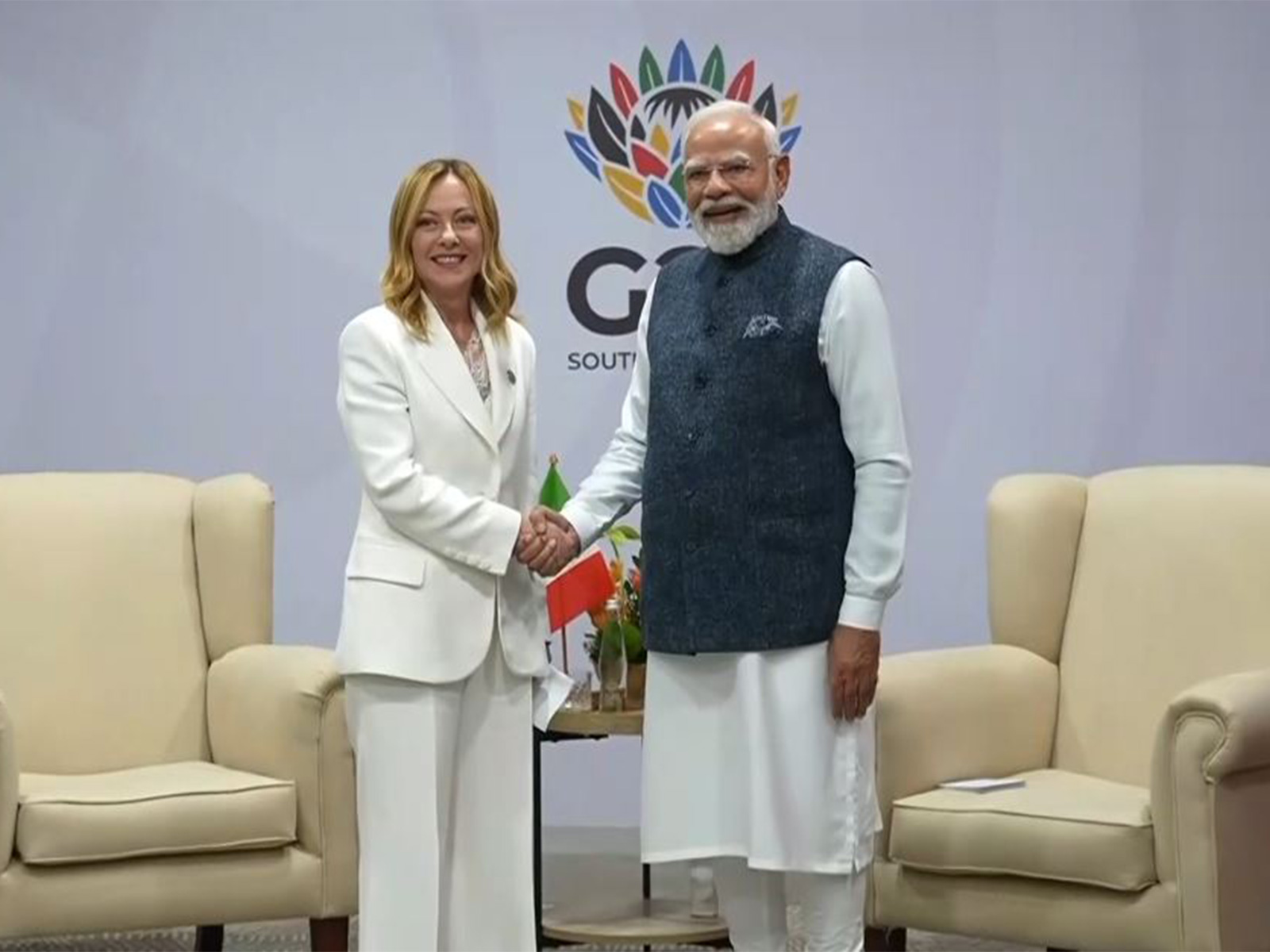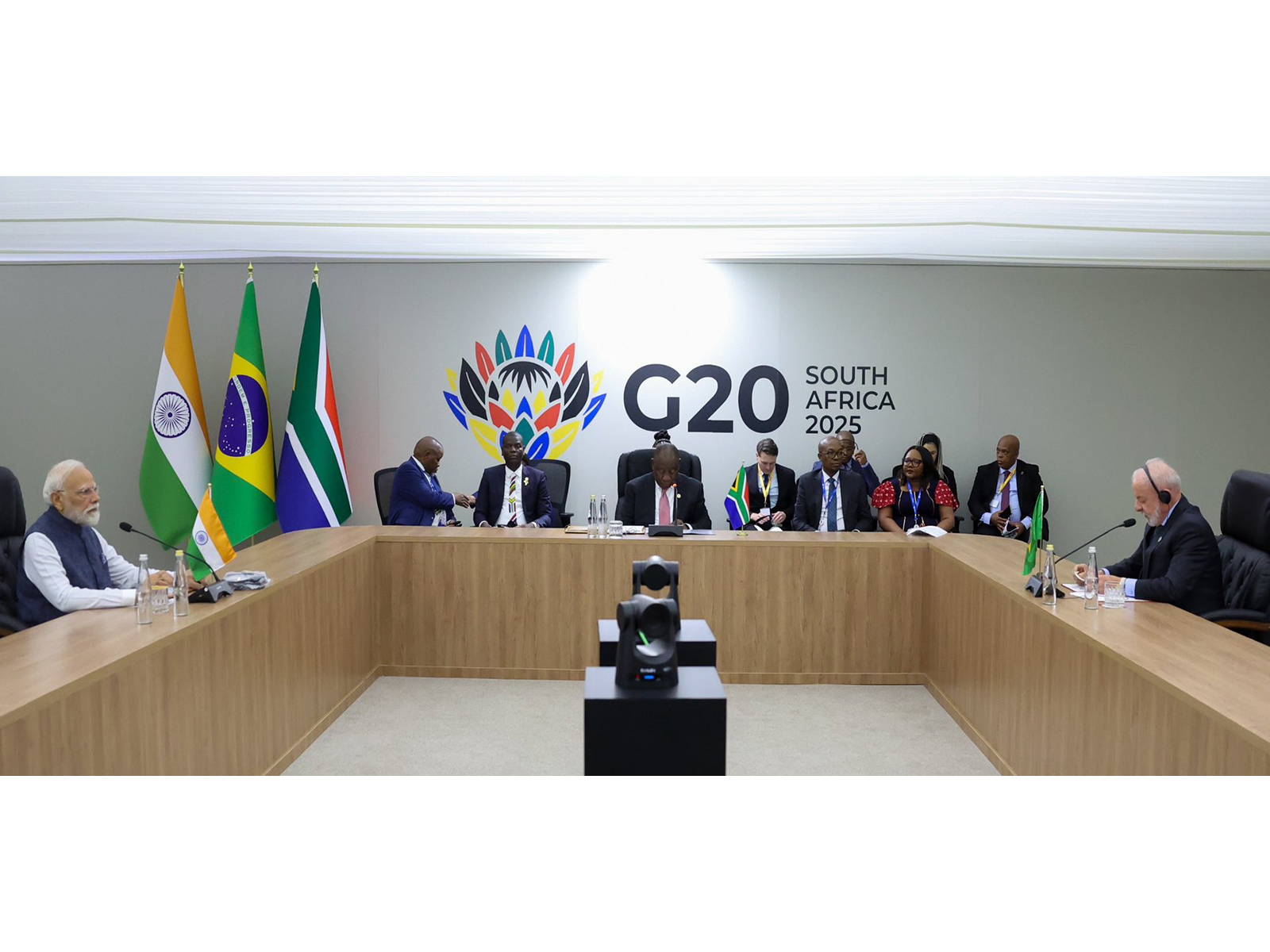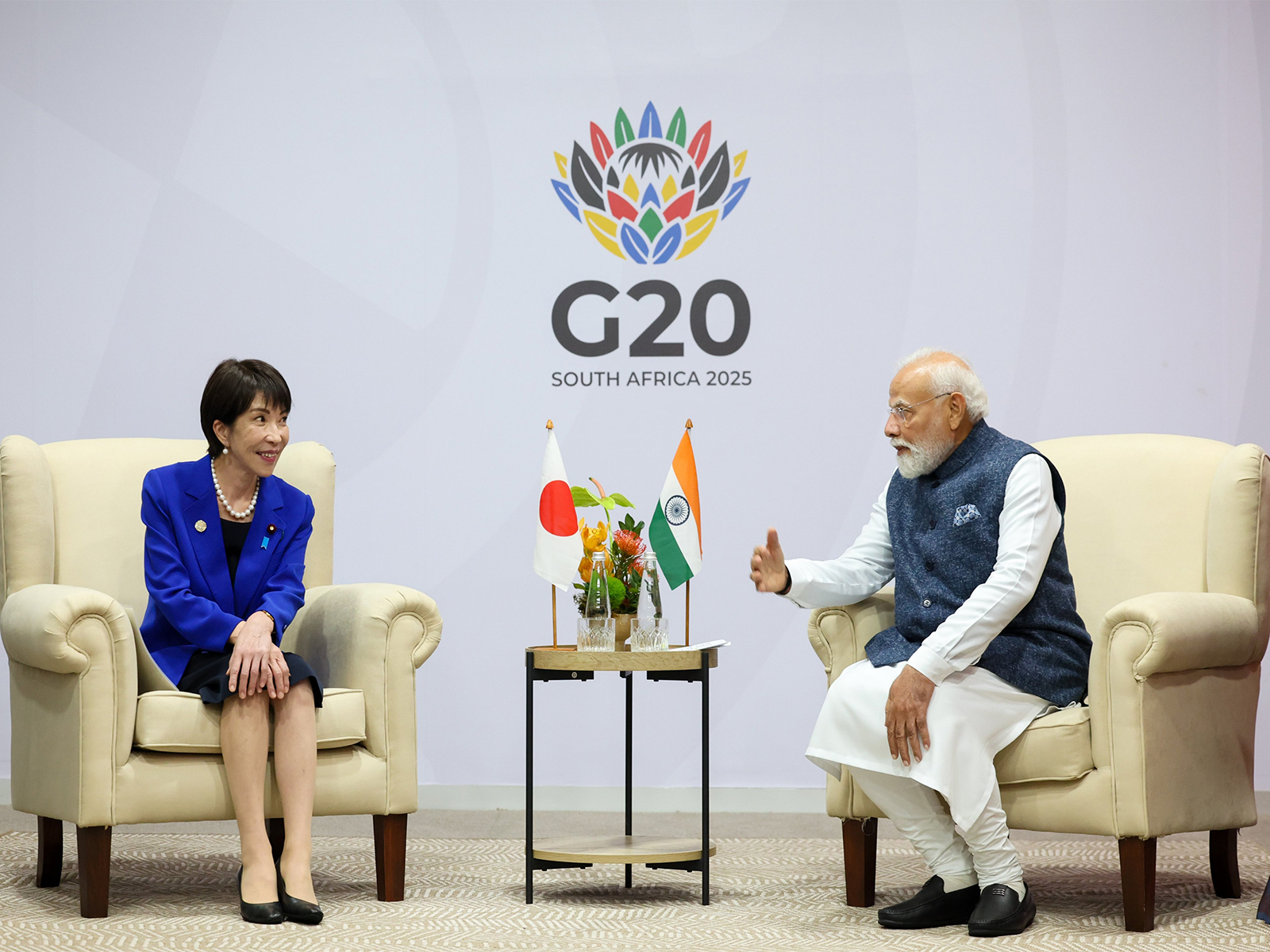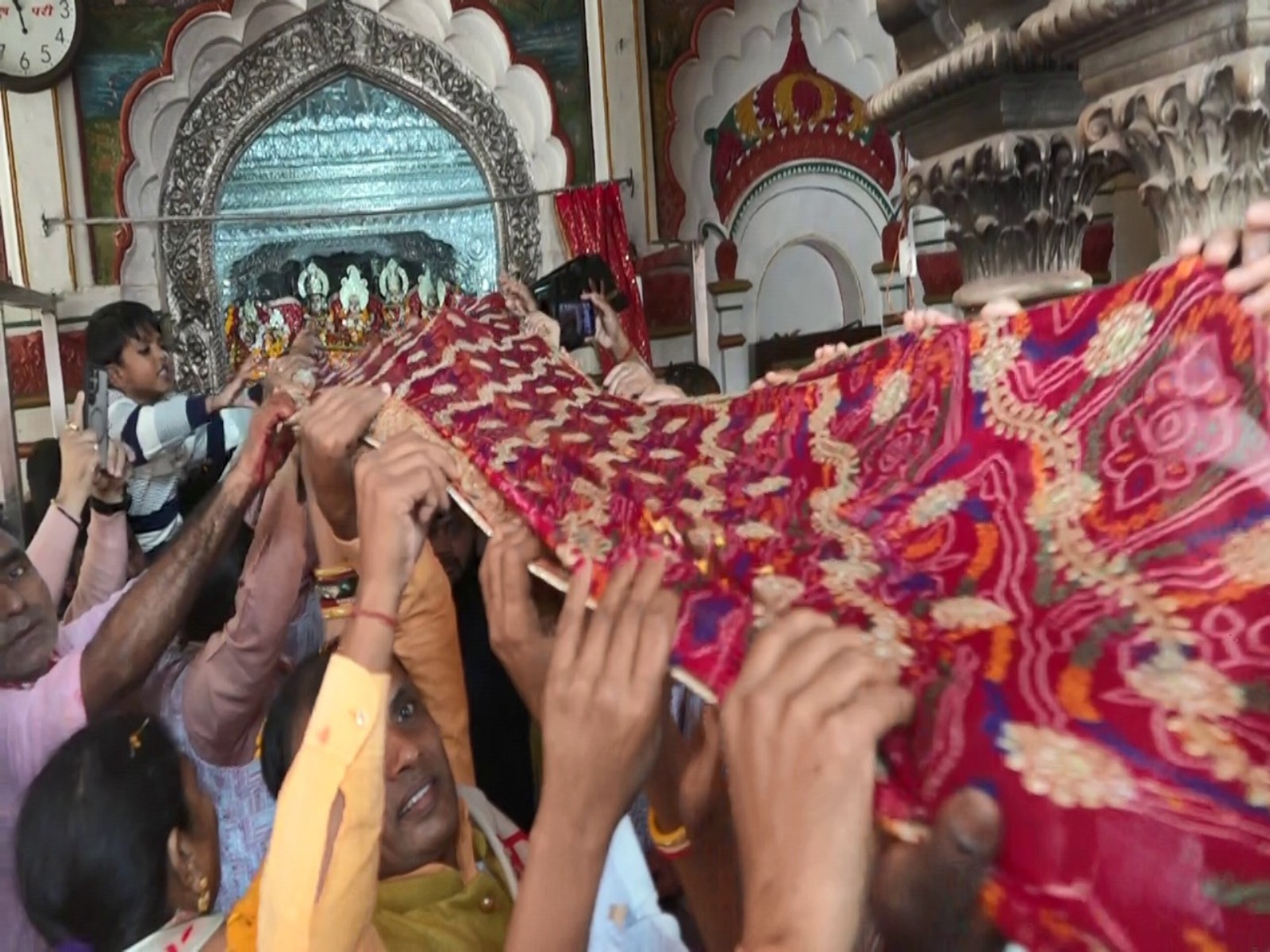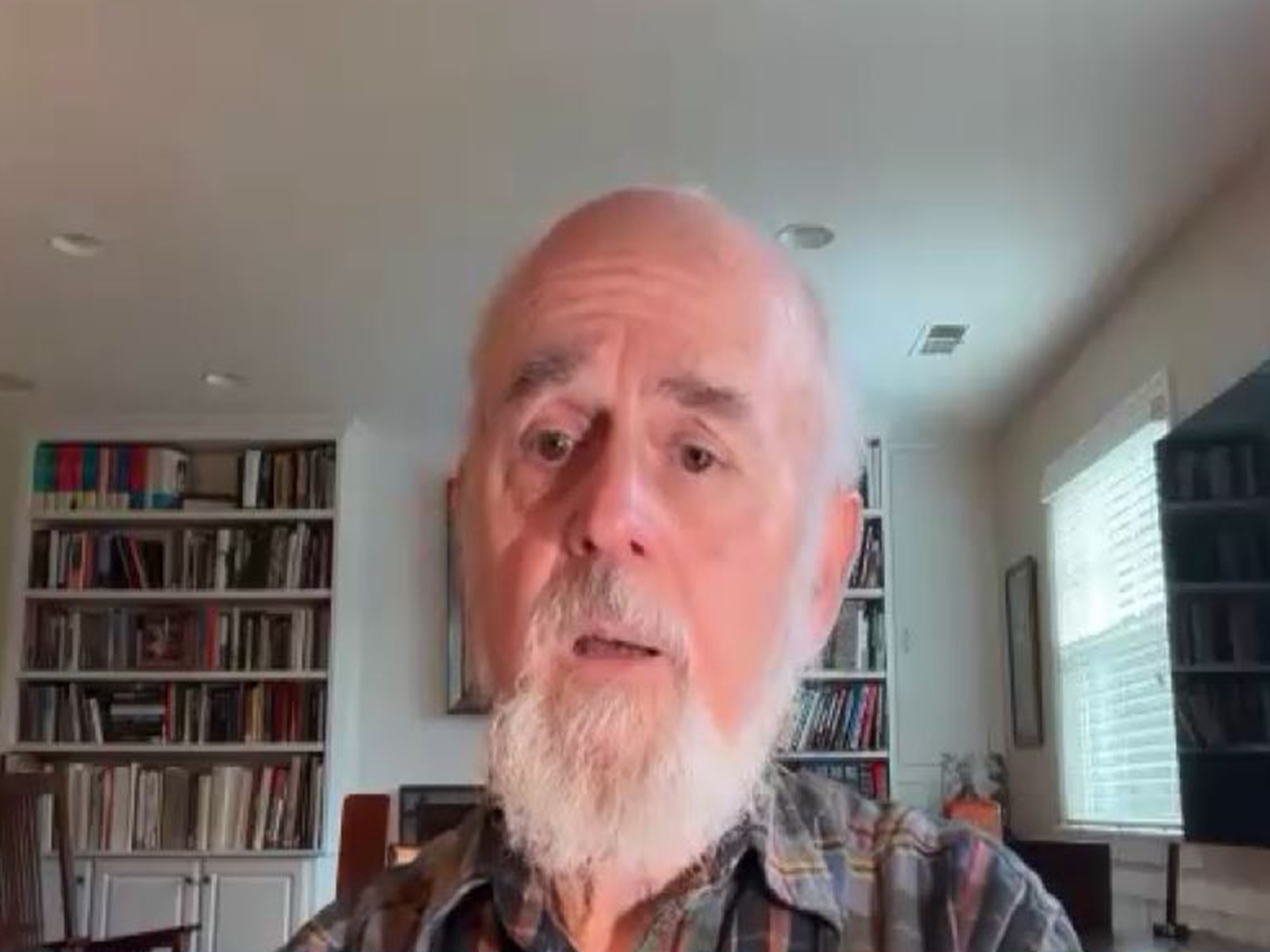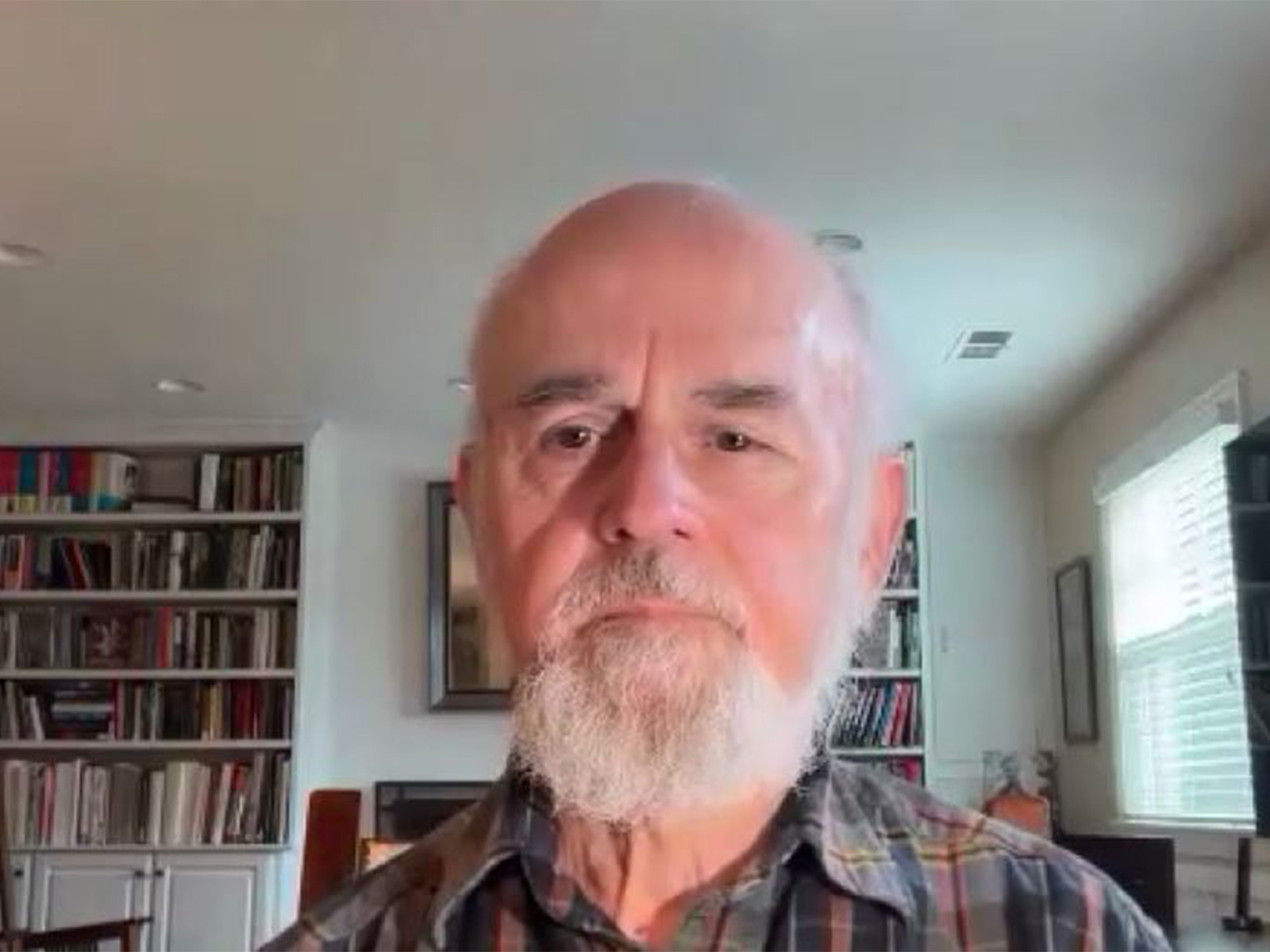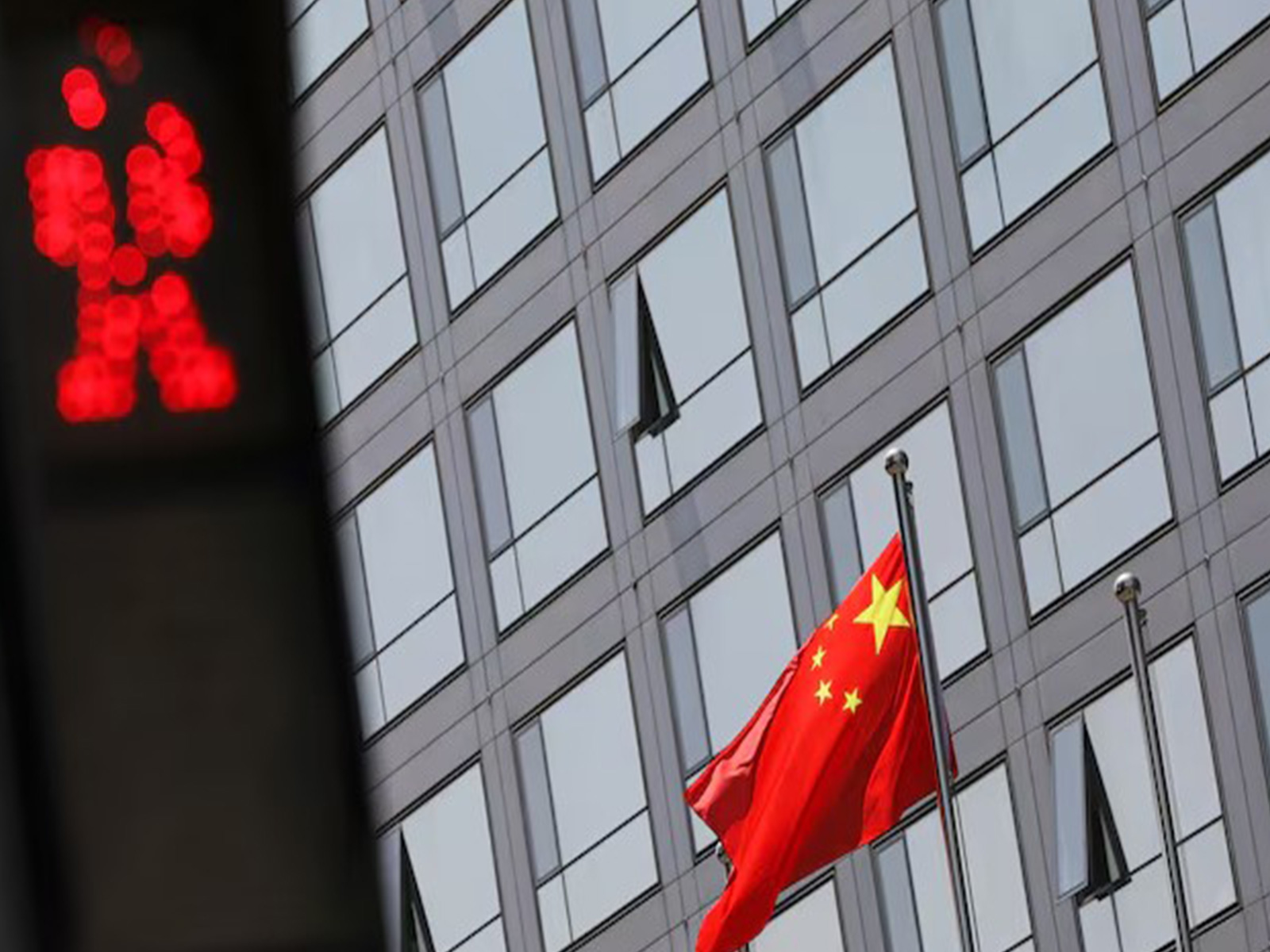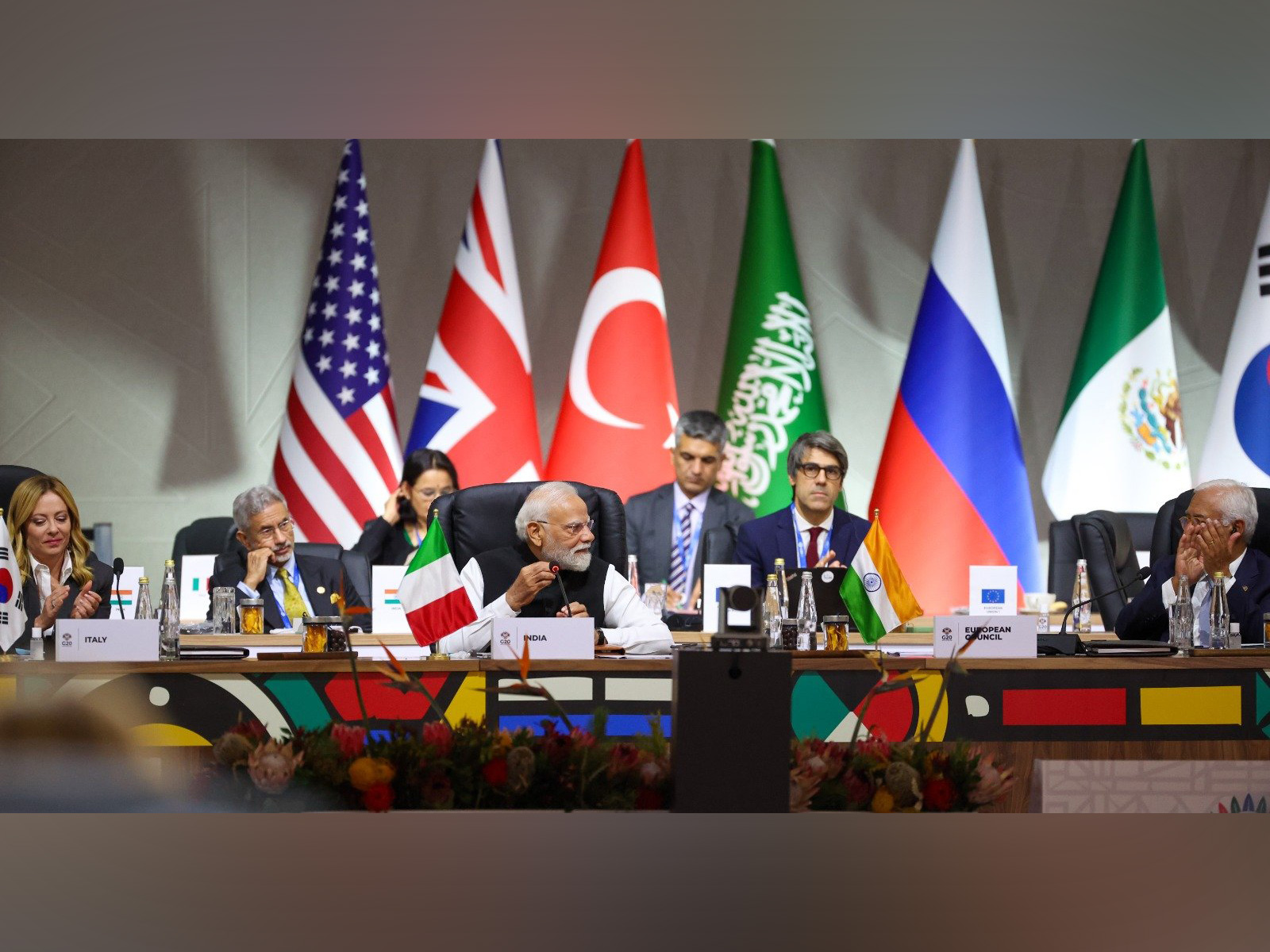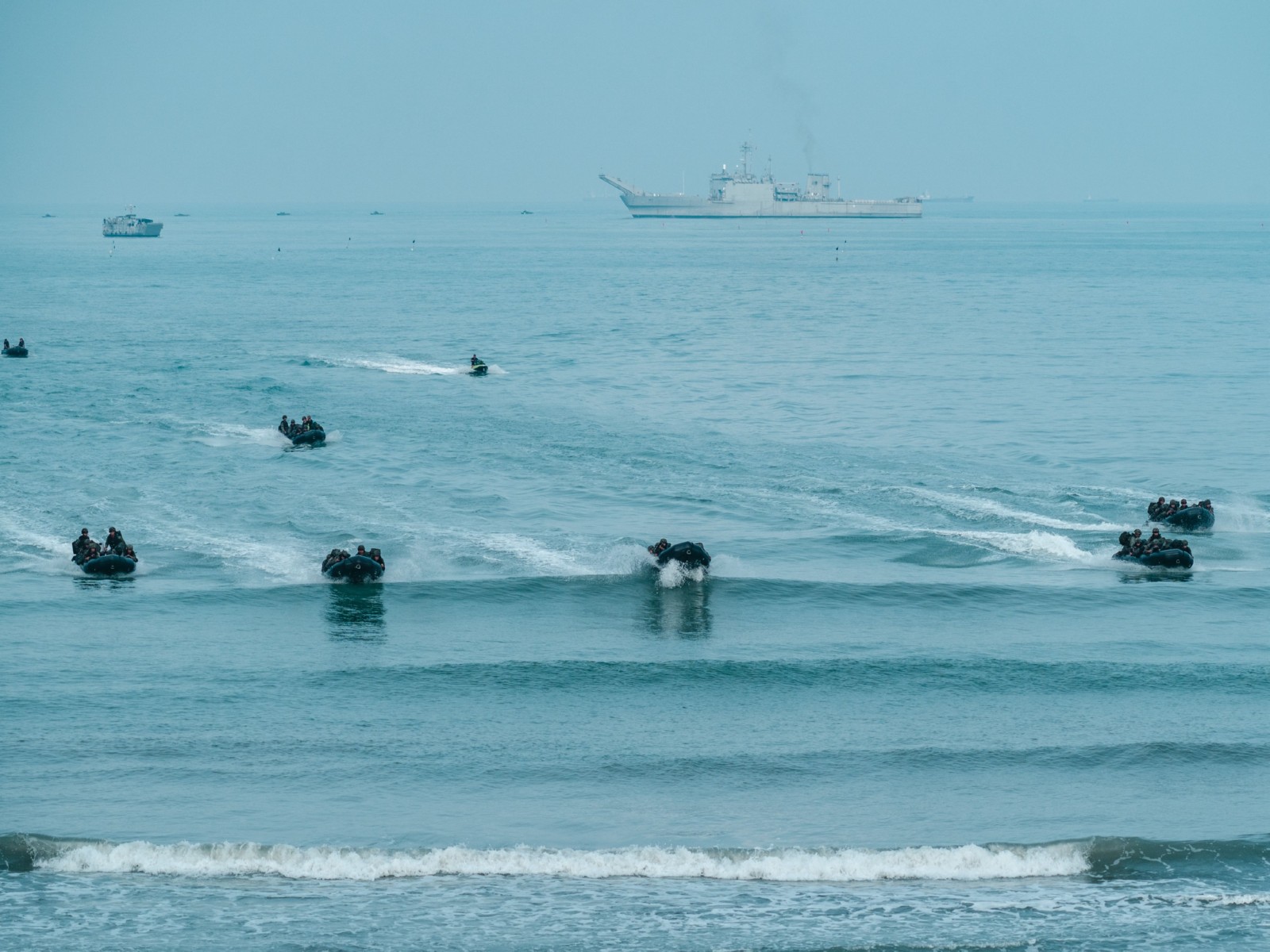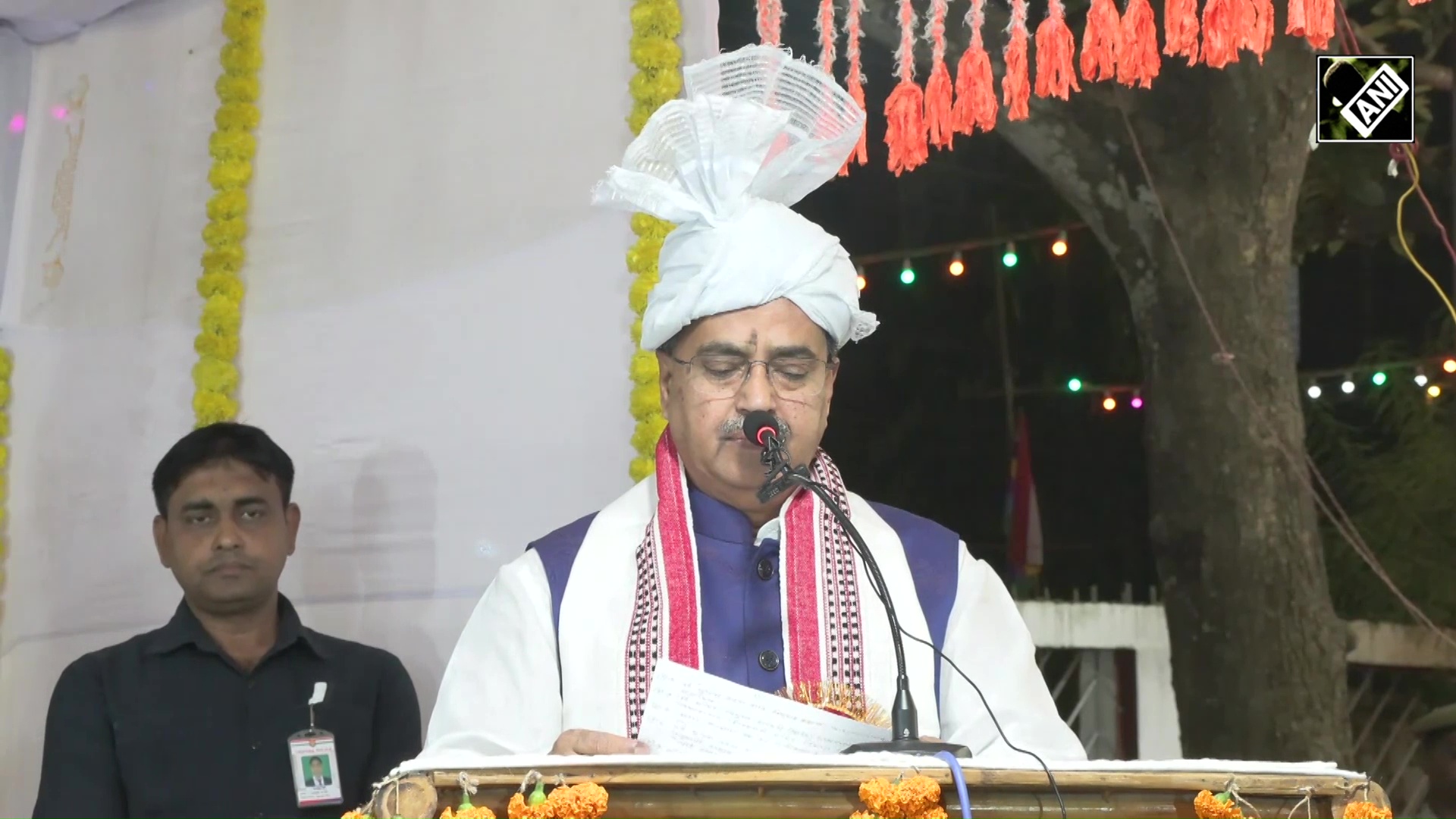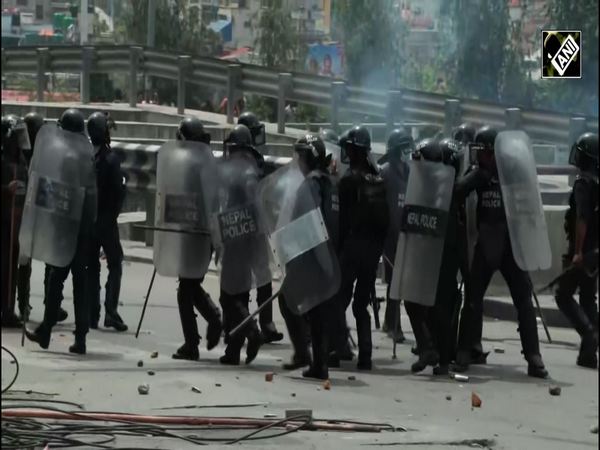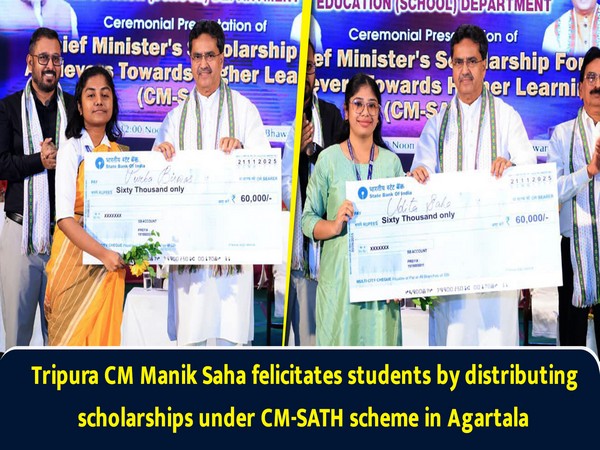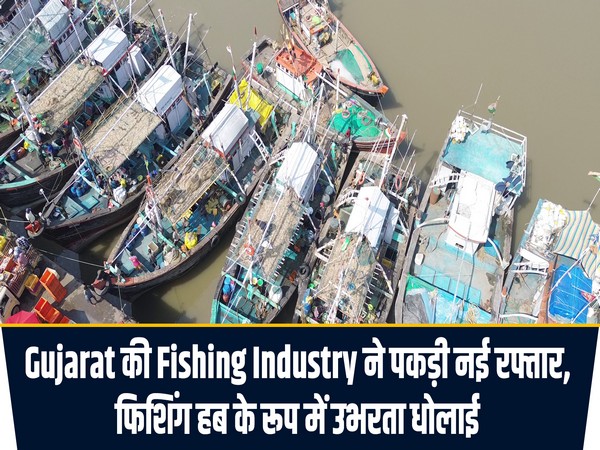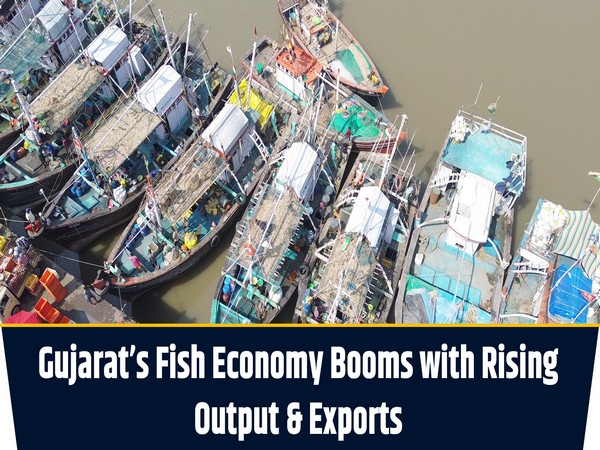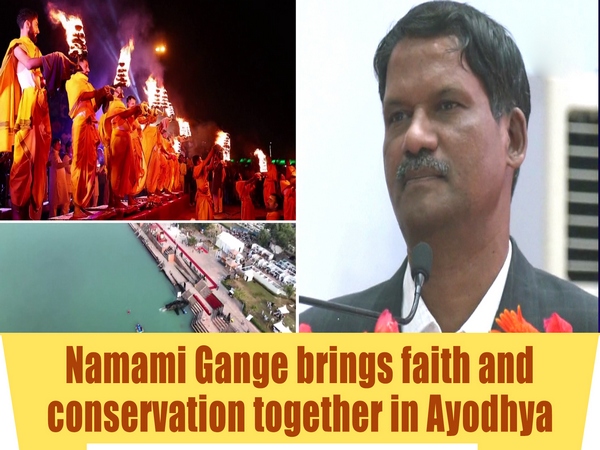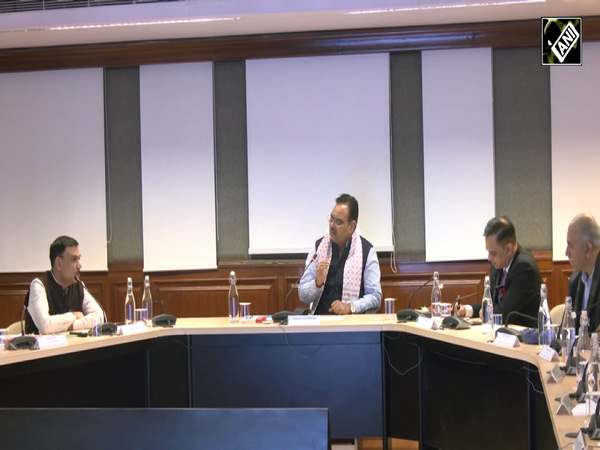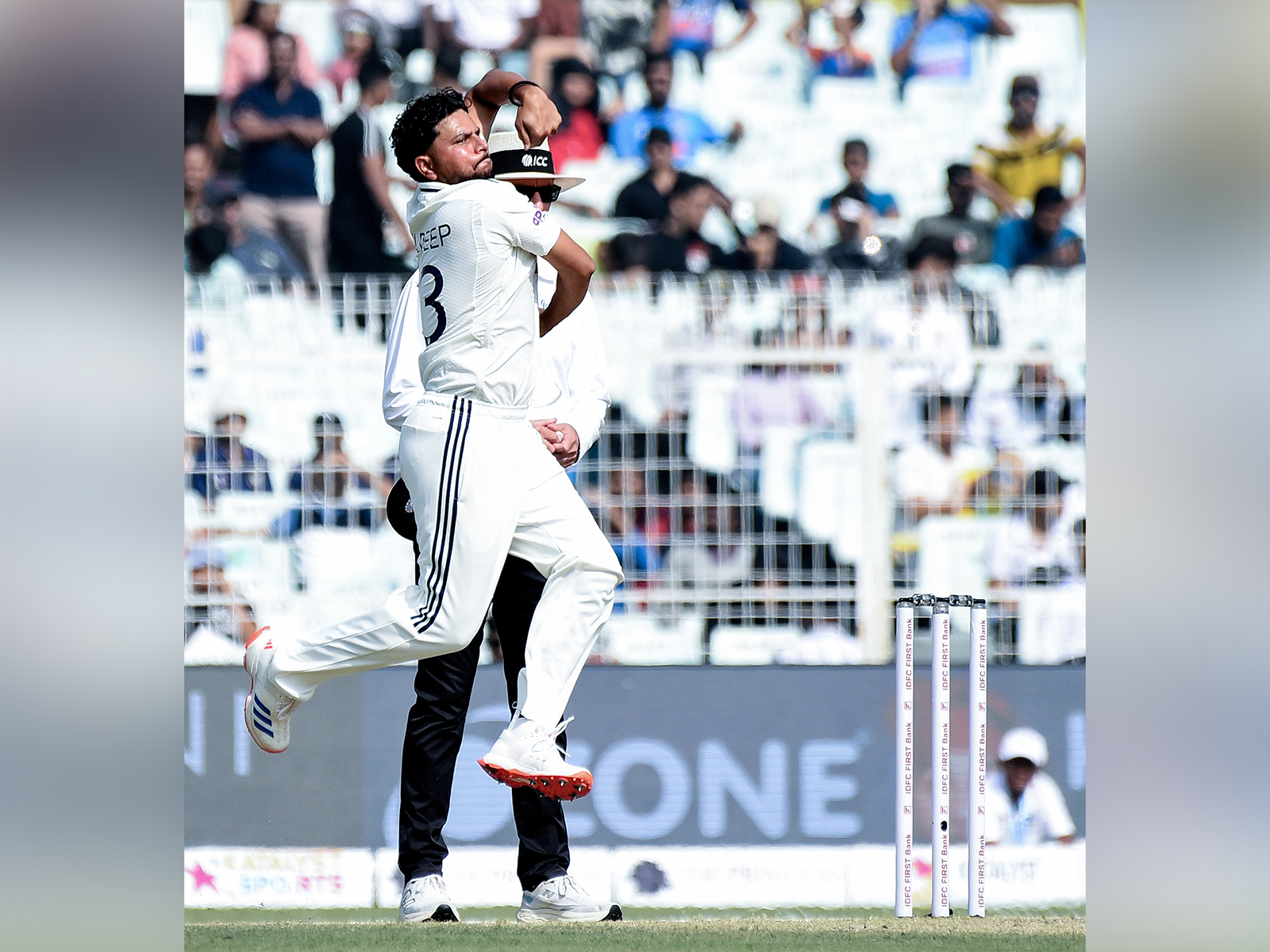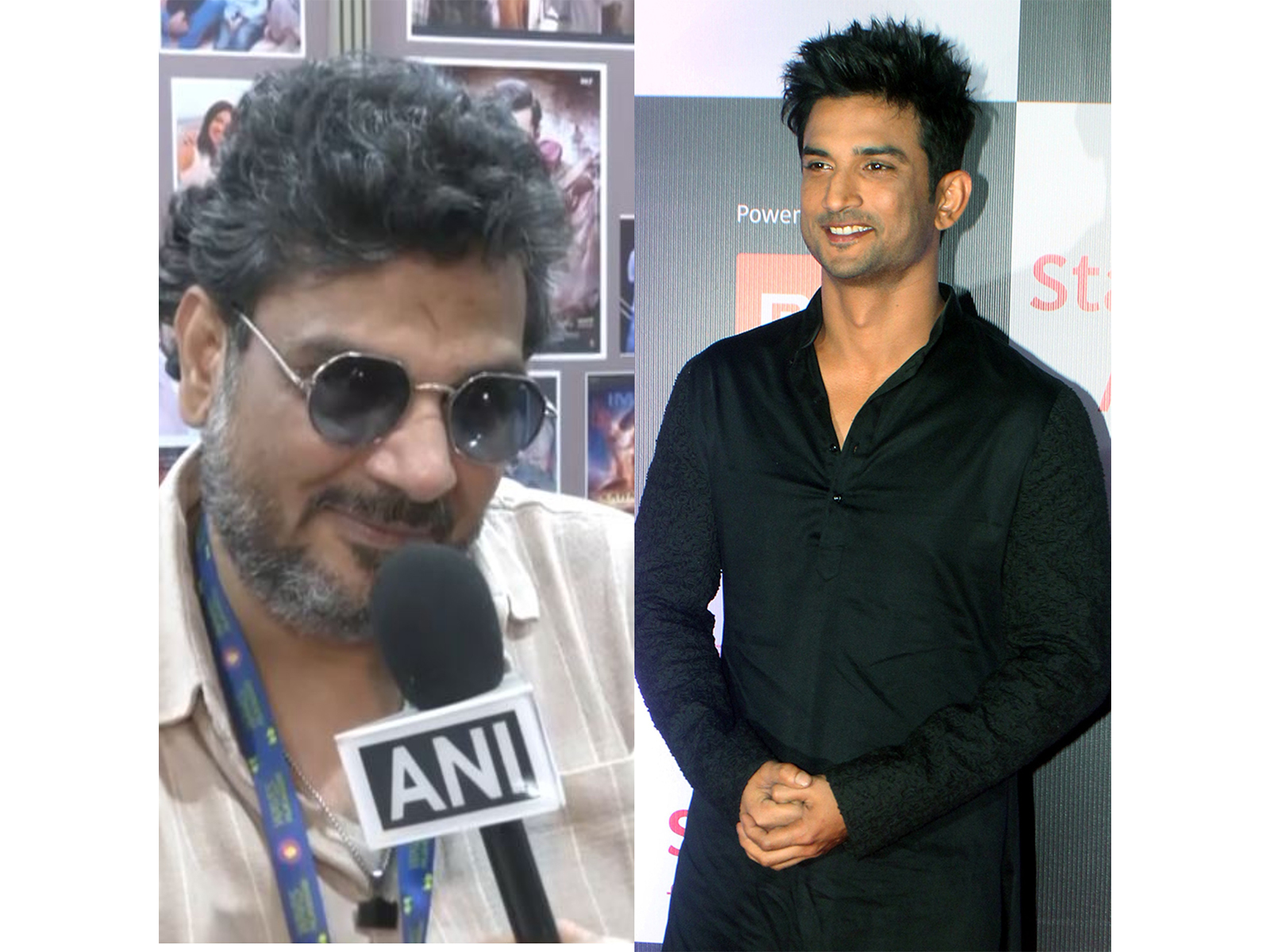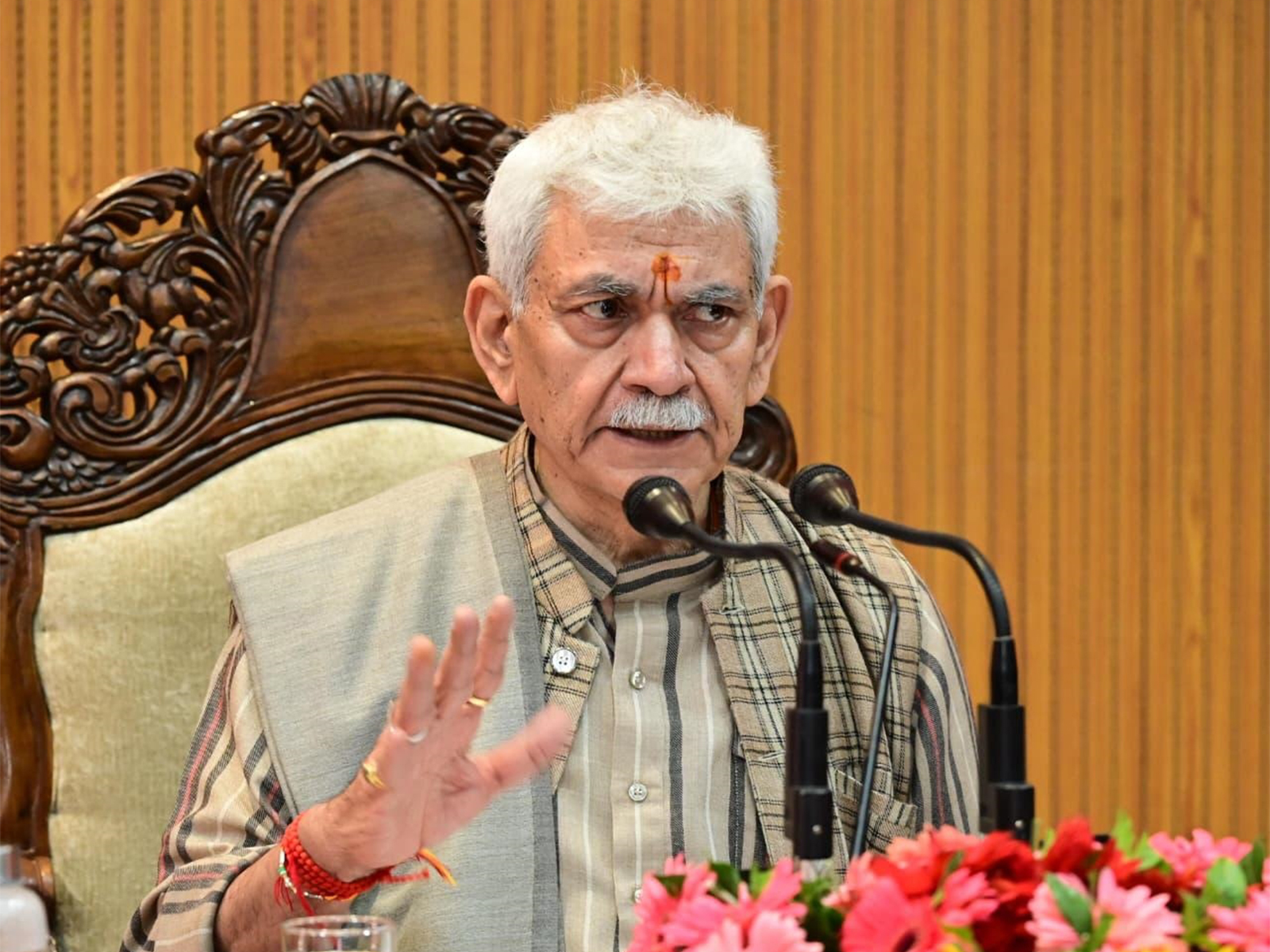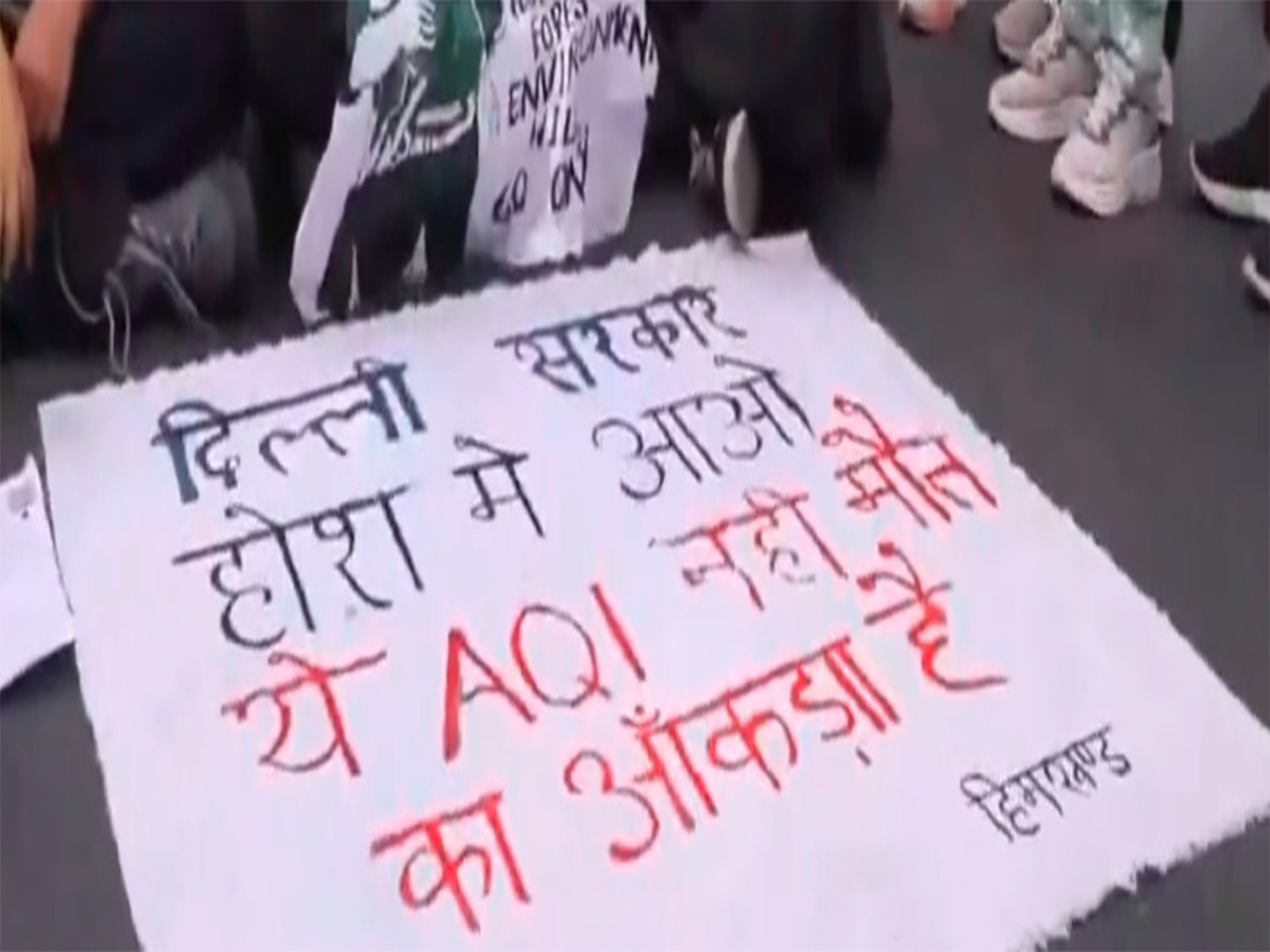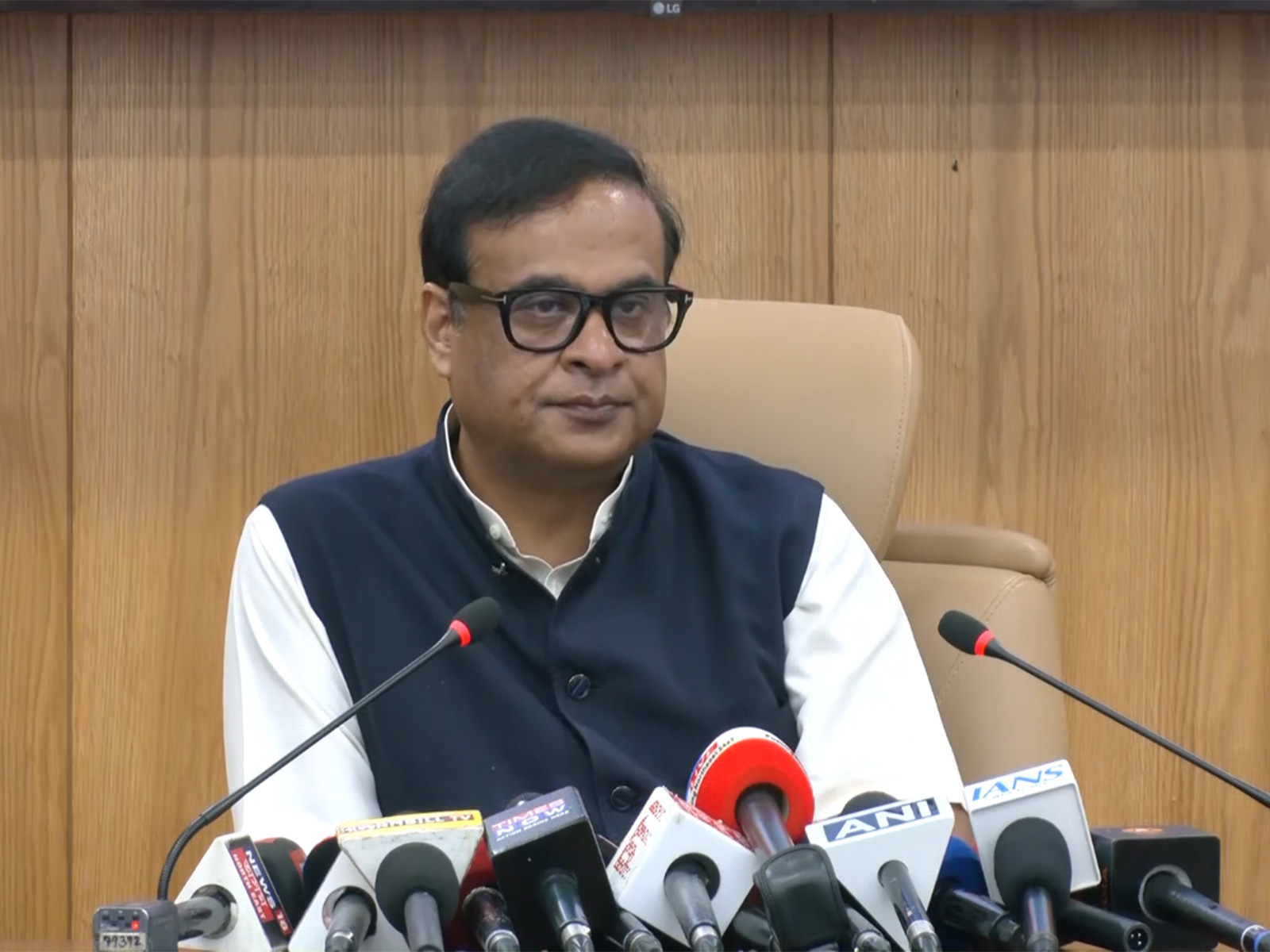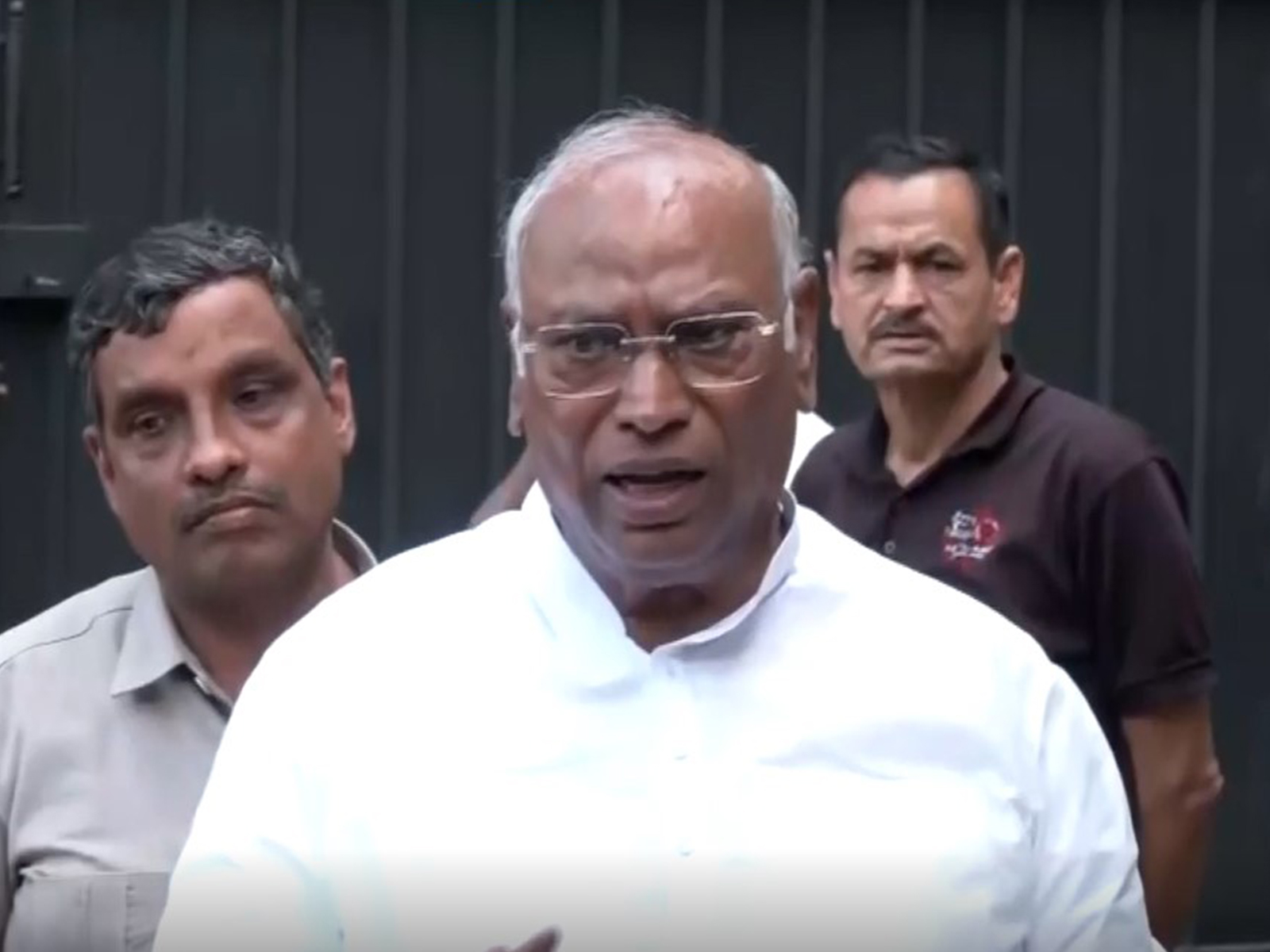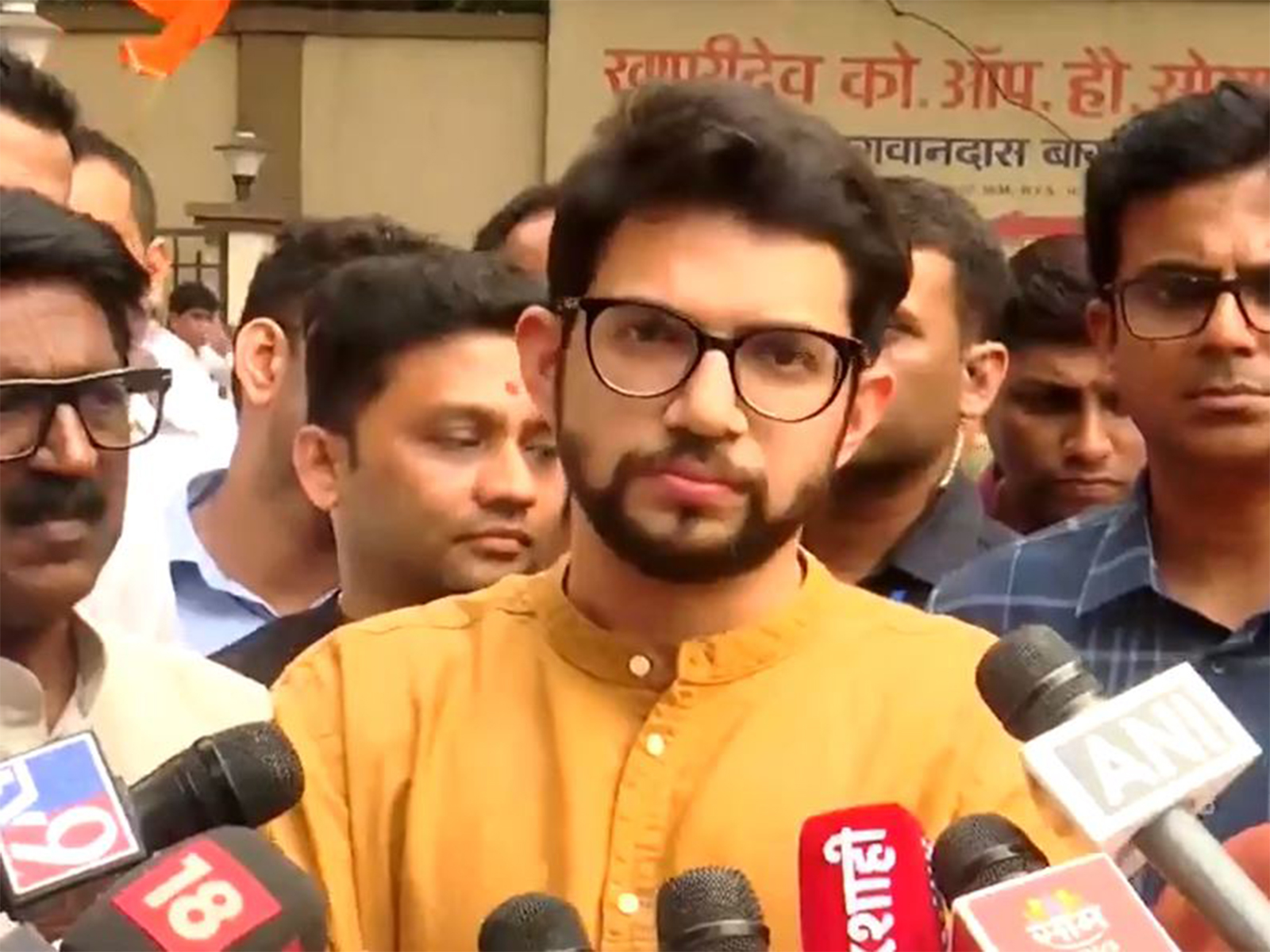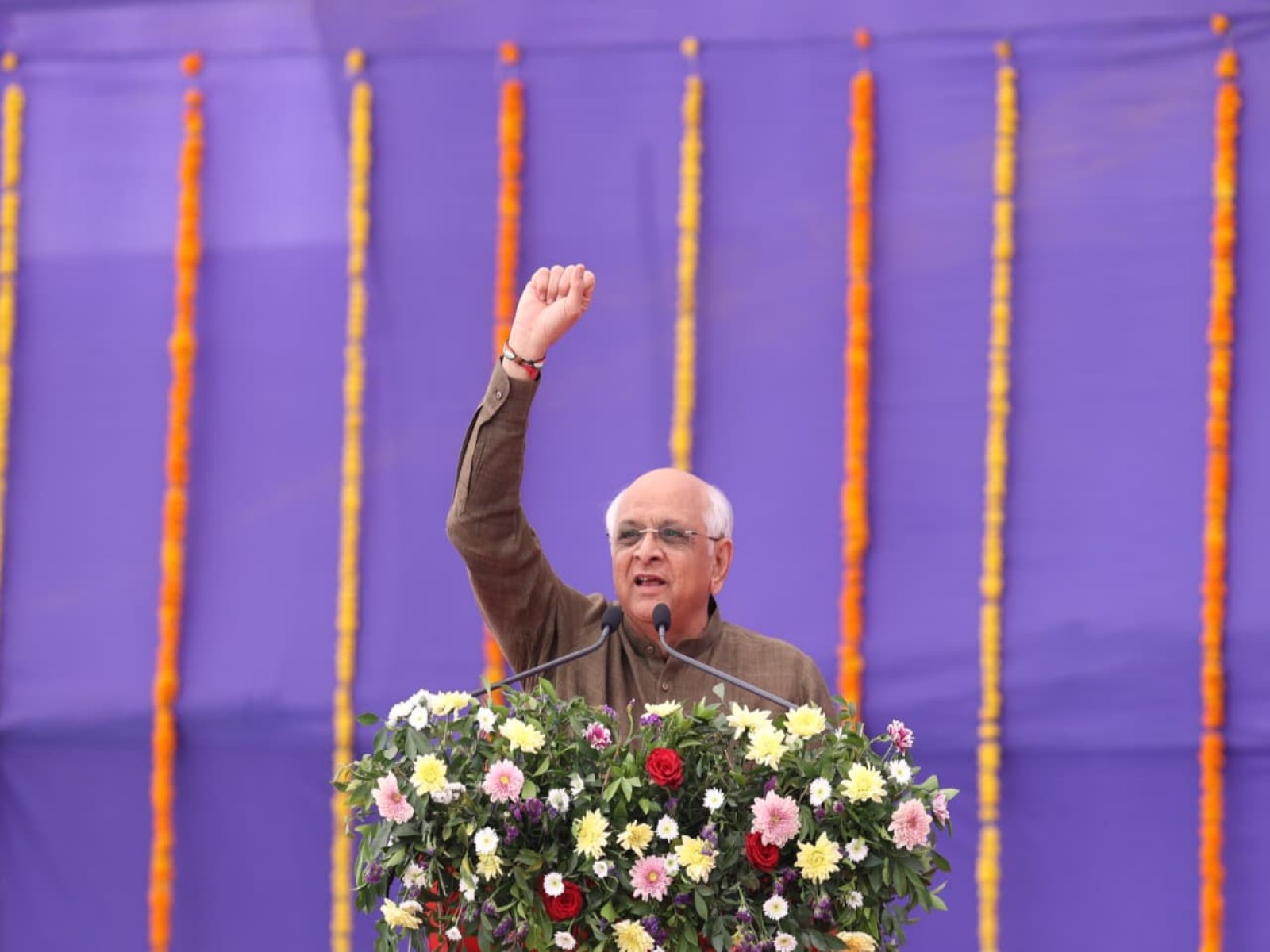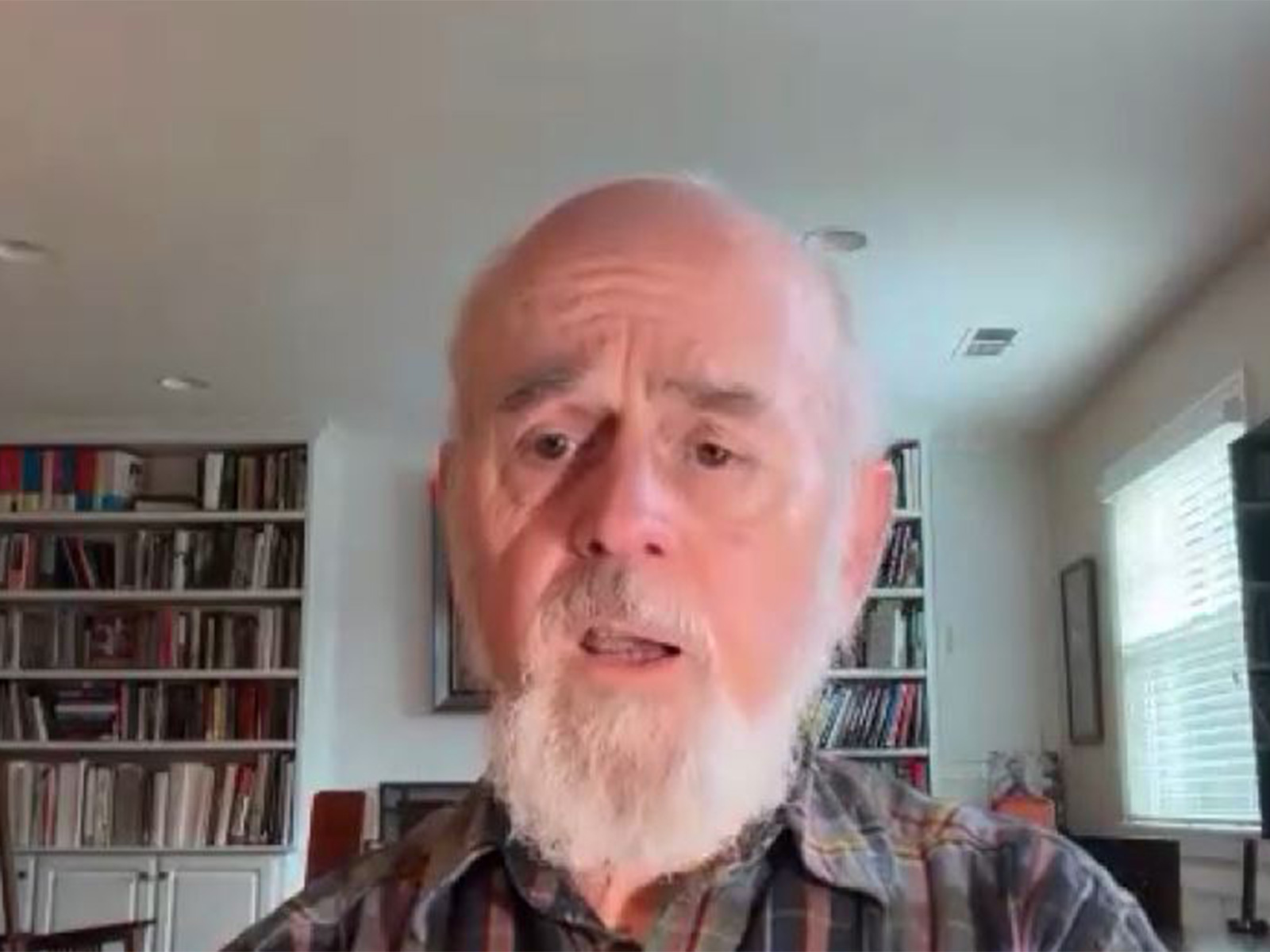
"American foreign policy is a big puzzle, US needs stronger ties with India": Ex-CIA officer James Lawler
Nov 23, 2025
Washington, DC [US], November 23 : The United States must build a much stronger relationship with India, calling the interests of both countries "compatible" despite turbulence in ties in the past, according to James C Lawler, a celebrated former CIA officer and former head of the agency's Counter-Proliferation Division.
In an interview with ANI, Lawler said he has never fully understood why India and the United States were "never adversaries but never true friends" even though they shared several common interests and values. He said, "I think sometimes American foreign policy is a big puzzle. What I am hopeful for is that the United States needs a much stronger relationship with India. Most of our interests are convergent. We have vibrant economies. A lot of ethnic Indians are among our brightest people here in America."
Lawler said the two countries share democratic frameworks and similar economic aspirations should not be "standoffish". "You're a democracy. We're a democracy. You've gotten away from more socialistic policies into more capitalism. I think we could be much stronger working together than standoffish," he said. He also said he hoped to visit India one day, noting, "I've never been to India. I'd love to go sometime."
His remarks come at a time when India-US ties have seen several shifts, especially during President Donald Trump's second term. The relationship entered a difficult phase after Trump imposed a 25 per cent reciprocal tariff on Indian goods, calling India the "tariff king." The US President later added another 25 per cent tariff, saying it was a punishment for India continuing to purchase Russian oil. Trump also accused India and other nations of "funding the Russia-Ukraine war."
India's Ministry of External Affairs repeatedly rejected these allegations. As ties improved later, Trump repeatedly claimed that Prime Minister Narendra Modi had assured him India would stop purchasing Russian oil. The Indian side did not publicly confirm such conversations.
Another major friction point was Trump's repeated assertion that he personally stopped India and Pakistan from entering a "potential nuclear war."
He made this claim referring to the period of border tension that followed Operation Sindoor, launched after the Pahalgam attack in Jammu and Kashmir that killed 25 civilians and one tourist. India has consistently denied this version of events. New Delhi has maintained that the ceasefire along the Line of Control was reached bilaterally through the Director Generals of Military Operations, and that no third-party mediation was involved. India has also reiterated that any issues with Pakistan, including Jammu and Kashmir, must be resolved bilaterally.
Meanwhile, Lawler who has served for 25 years as a CIA operations officer in various international posts said the hesitation in earlier India-US relations was difficult to explain during his time with the US intelligence agency.
"India was much friendlier to the Soviet Union than we were. A lot of Indian military weaponry was Soviet. I think we should supply India with more technology," he said. He added that he had read reports that major Indian firms had now stopped buying Russian oil and called it an opening for deeper cooperation.
Lawler said both nations face similar strategic concerns, including China, and urged that old thinking must be put aside. "The Cold War is over. Let's try and find more mutual interests. We could be much stronger working together," he said.
